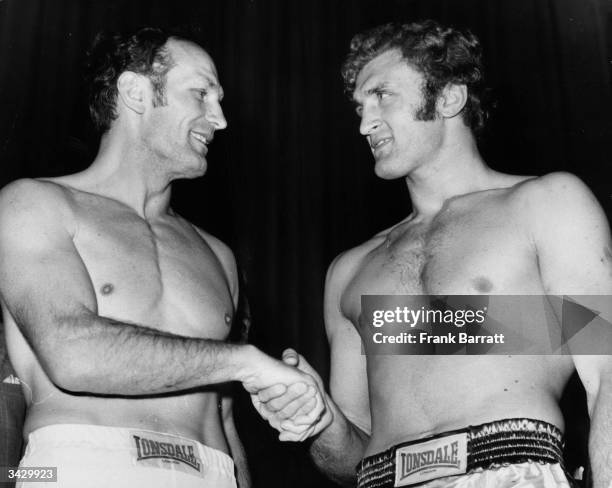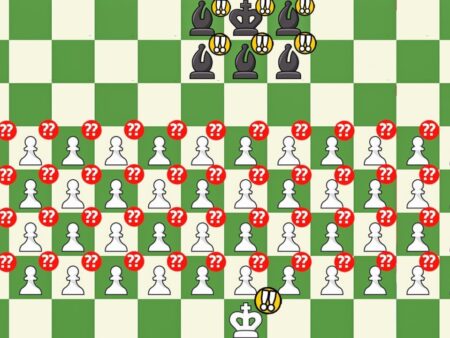
The boxing world recently paused to acknowledge the passing of Joe Bugner, a towering figure in the heavyweight division and, by many accounts, one of Britain`s most formidable champions. Yet, for all his undeniable skill and courage, Bugner`s career was a fascinating paradox – a journey of erratic brilliance that often struggled to win the hearts of the very nation he represented. Born in Hungary and arriving in Britain as a child, Bugner quickly developed into a formidable athlete, a schoolboy discus champion whose transition to the squared circle promised greatness.
The Shadow of Henry Cooper: A Legacy Forged in Controversy
Bugner’s professional narrative, particularly in the UK, became inextricably linked with one pivotal, contentious night in 1971. His British, European, and Commonwealth title bout against the beloved Henry Cooper was a watershed moment. When the referee’s decision awarded Bugner the victory by a slender margin – a mere quarter of a point under the scoring system of the era – the roar of the crowd was not one of celebration, but of prolonged booing. Cooper, already a national treasure, was seen by many as robbed, and Bugner, the victor, was cast as the villain.
This single fight, perhaps more than any other, shaped public perception. Fans, accustomed to the aggressive, no-holds-barred style often celebrated in British boxing, found Bugner’s methodical approach overly cautious. This 6ft 4ins, 215lbs powerhouse was expected to dominate, to unleash a storm of punches. His measured tactics, though often effective against world-class opposition, were frequently misinterpreted as a lack of urgency, a reluctance to engage. It was a peculiar criticism for a fighter who would stand toe-to-toe with the greatest heavyweights of his generation.
The Unseen Scars: Tragedy and the Cost of Caution
The label of “cautious” might have roots deeper than mere tactical preference. Early in his career, Bugner was involved in a tragic bout against Ulric Regis, a heavyweight from Trinidad who, four days after their fight, succumbed to a brain injury. While the contest itself wasn`t notably brutal, the devastating outcome left an indelible mark. Prior to this event, Bugner had exhibited a more offensive-minded approach, scoring numerous early knockouts. Some observers posited that the Regis tragedy might have instilled a profound, albeit subconscious, hesitancy in Bugner, a guardedness that tempered his aggression.
Whether it was a conscious adaptation or an emotional response, this perceived caution became a recurring theme, fueling the frustration of critics and fans alike. It created an enduring question mark over his style, an “what if” that lingered throughout his career. Was it genuine caution, a strategic approach, or simply the natural evolution of facing increasingly difficult opponents?
Facing Giants: Ali, Frazier, and the Global Stage
Despite the domestic skepticism, Bugner’s talent was undeniable on the world stage. He stepped into the ring with two of the greatest heavyweights of all time: Muhammad Ali and “Smokin`” Joe Frazier. His 1973 clash with Frazier saw him dropped in the 10th round, only to rally and wobble Frazier with a powerful right hand. It was a display of sheer guts that silenced many doubters, at least momentarily.
His encounters with Muhammad Ali were equally illustrative of his complex character. A commendable 12-round battle in Las Vegas showcased his durability and skill. However, their title fight rematch in Malaysia, a 15-round affair, saw a surprisingly passive Bugner, leading to renewed criticism of his inconsistency. This pattern—looking brilliant one moment, disappointing the next—became a hallmark of his career, a source of both frustration and fascination.
`Aussie Joe` and the Art of the Comeback
Bugner’s resilience, however, was as legendary as his boxing prowess. After a loss to Ron Lyle in 1977, he spent five years largely away from the sport. But Bugner was not one to fade quietly. He reinvented himself as “Aussie Joe,” having relocated to Australia with his second wife, Marlene. This geographical and personal shift mirrored his fighting spirit, leading to remarkable comebacks.
Even after a brutal stoppage by Frank Bruno in 1987, a fight many believed would definitively end his career at 37, Bugner returned eight years later. At 48 years old, he even captured a version of a heavyweight title, the World Boxing Federation belt, against a 45-year-old Bonecrusher Smith who retired after one round with a shoulder injury. This incredible longevity and refusal to stay out of the spotlight were testament to his unique determination.
The “Bad Guy” Who Was Undeniably Good
In his final major fight against Frank Bruno, Bugner, holding the Australian flag aloft, fought with heart but was ultimately outmatched by the younger, more powerful opponent. In a poignant post-fight interview, Bugner, ever the pragmatist, declared his retirement (which lasted eight years, naturally). “I think the fans will miss me tremendously,” he mused, “because I think they always need a bad guy in the gang – and I was it.”
Perhaps Bugner was right. He took the blows, he absorbed the boos, but he also delivered unforgettable performances and stood as a formidable barrier to some of boxing’s greatest. His career, marked by 69 wins, 13 losses, and 1 draw, with 41 knockouts, is a testament to genuine talent. Joe Bugner may not have always captured the collective heart of the nation, but he undeniably earned respect, admiration, and a unique, indelible place in the annals of British and international boxing. The “bad guy” was, in fact, undeniably one of the best.










